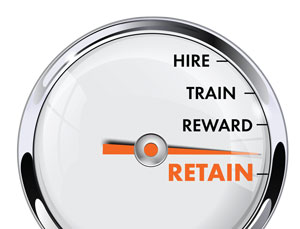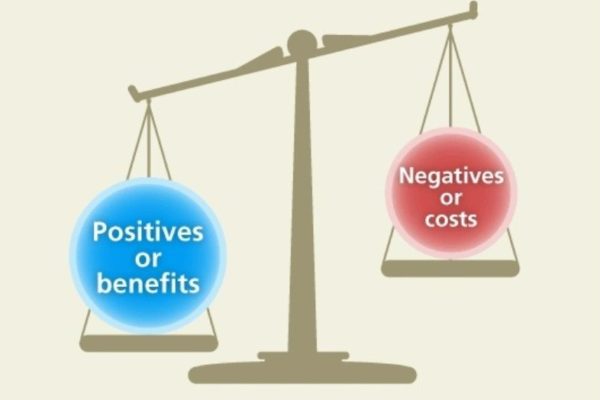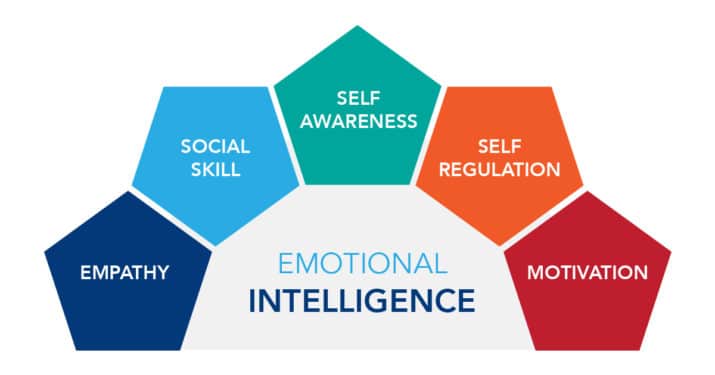Introduction
Becoming emotionally intelligent leaders can have a tremendous impact on transforming your business. An emotionally intelligent leader know who they are and what they stand for, and this helps them lead their teams well. Because of their firm conviction, people flock to them. As employees become more engaged by their leader’s enthusiasm, productivity rises. This is because emotionally intelligent leaders value authenticity while interacting with others.
When it comes to emotionally intelligent leaders, their qualities may be difficult to identify. This post will define the first of the four hallmark qualities of emotionally intelligent leaders- authenticity -and offer best practices for developing these qualities in yourself. Authentic leadership is one out of four key aspect of becoming an emotionally intelligent leader.
What is an Emotionally Intelligent Leader?
An emotionally intelligent leader is aware of, understands, and manages their own and others’ emotions well.
An emotionally intelligent leader knows how their emotions will affect how employees work together, who employees are more likely to follow, and how they can use their emotions to make better decisions. This allows them to be flexible and consider their employees’ various perspectives while having the self-confidence to act. Employees become more committed when they feel like their leaders listens to them and cares about them.
Dr. Stein found that an emotionally intelligent leader has four hallmark qualities, and this post will focus on the first: Authentic leadership
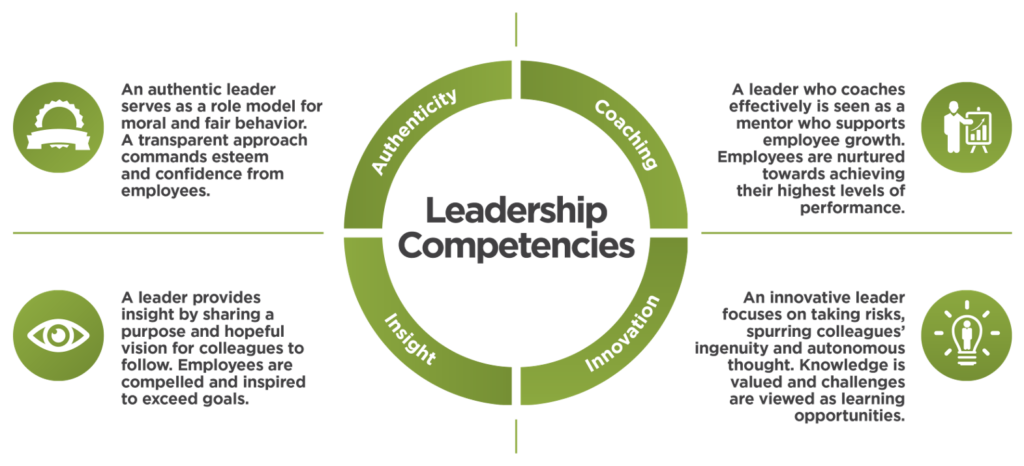

The Program Manager: Steve
Steve is a new program manager at a medium size staffing firm. This is Steve’s first job as a program manager, and he didn’t know if he would like it. It paid better than his last job, so he agreed to try it out.
Steve has a lot of stress because of his increasing responsibilities. Steve often wonders if he is the right person for the job and whether his employees notice his inadequacy. He feel anxiety often, which causes him to be passive aggressive and have mood swings toward his employees.
More so, his team doesn’t feel like they have a sense of guidance or direction from him, which causes them to disengage from their jobs. This leads to poor performance and absenteeism. When this happens, Steve works to have those employees fired. Steve’s team is always being replaced by new employees, and the cycle repeats itself.
It would cost more time and money to replace a program manager. The firm called an EQ consultant for help Steve become an emotionally intelligent leader. The EQ consultant does interviews with the CEO, Steve, and his employees. The consultant recommends that Steve complete an EQ 360-degree feedback.
Steve assigns the CEO, three program managers, and three employees to complete the EQ 360 for his behavior. The consultant measures the gaps between the ratee’s results against Steve’s. The gaps between Steve’s and his ratee’s scores and uses these gaps as opportunities for growth
The consultant discusses the first hallmark quality of an emotionally intelligent leader – Authenticity.
Authentic Leadership
Authentic leadership consists of morality and fairness to their employees, which requires a strong sense of self-confidence. Employees have faith and trust in their leader if they can be open and honest with them.
To become an emotionally intelligent leader, four critical areas of authenticity must be present:
Authentic leaders have self-awareness: They know their strengths, weaknesses, and their own emotions.
Steve has already taken the EQ 360 to find out more about his strengths and weaknesses. During the feedback session, Steve found out that he scored low in Emotional Self-Awareness.
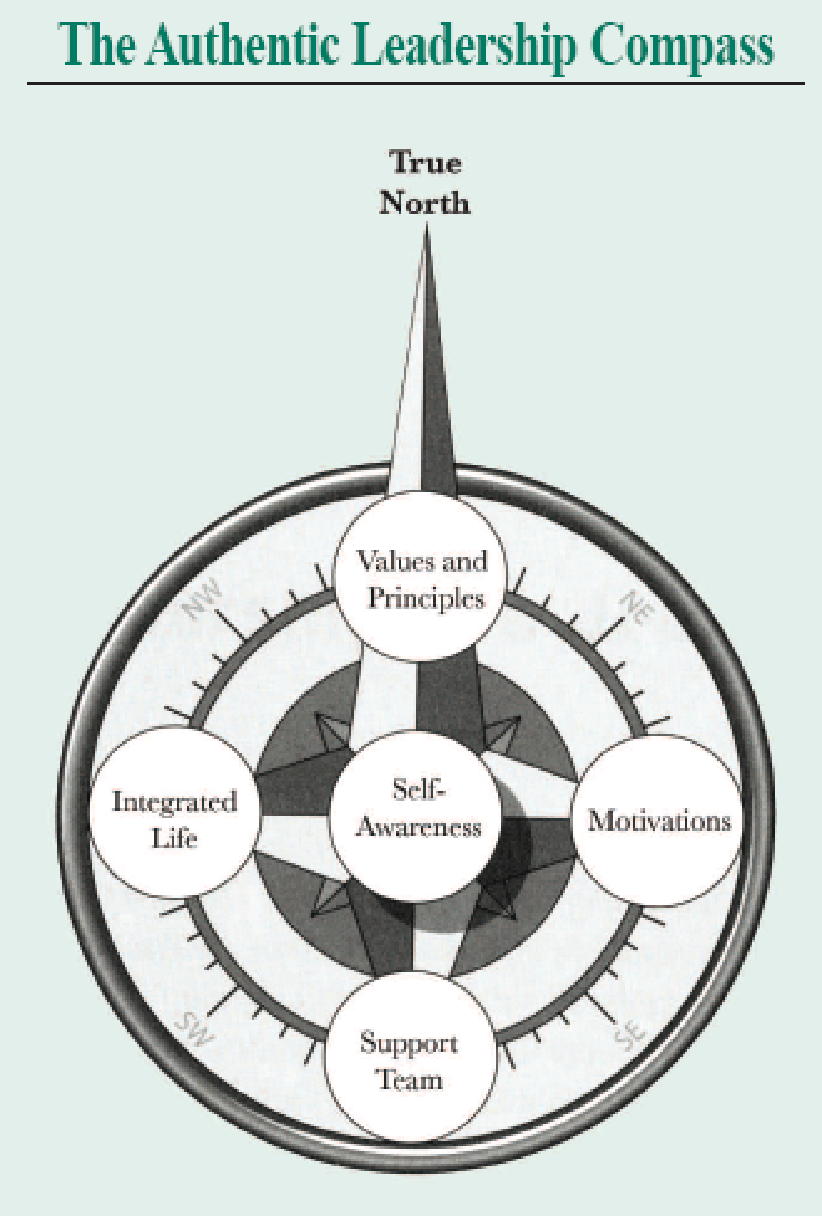

There are many things that make Steve emotional, but he doesn’t know what triggers his emotions. If Steve can’t understand what makes him triggered, he can’t control his emotions.
He directed his emotions at his employees instead of managing them himself because he didn’t know how to deal with them on his own.
Rather than working with his employees to improve their performance, Steve acted impulsively and worked to get rid of them. As a leader, decision-making isn’t as effective as it could be if you are unaware of your triggers.
A strategy for improvement suggested by the consultant is for Steve to think about what causes his triggers. Once Steve knows why he reacts the way he does, he can make coping techniques for each trigger.
Authentic leaders are driven by their mission and focus on achieving results: They prioritize the team’s goals and organization over their own.
Steve didn’t prioritize guiding his team with a mission, making it difficult for them to find meaning in their work. Without a strong leader who sets the team’s direction, the team disengages and does not do well.
The consultant informs Steve that his Self-Actualization score is low, which means that he isn’t likely to set meaningful goals for himself. Low Self-Actualization is likely to indicate a lack of personal fulfillment, which the team felt.
You will not be able to influence your team if you do not have a meaningful goal to strive for. Since Steve lacked direction, his team disengaged from their role and was punished.
A strategy for improvement is to have Steve think about what goals are important for him in his role as a leader. Steve must write down his goals and schedule the time on his calendar to develop the skills he needs to achieve his goals.
Authentic leaders lead with their heart: They are comfortable being vulnerable and connecting to their employees.
Steve didn’t like being open or honest about his anxiety. Then, he tried to withhold his emotions, which may have led to dysfunctional behavior, like his moodiness and passive aggressiveness.
The consultant informed Steve that he scored low in Social Responsibility. This means Steve can improve by caring more for his team.
Without a socially responsible leader, the team doesn’t have a strong advocate that promotes their greater good. Instead, the team was responsible for anything that went wrong.
As an authentic leader, you must place the teams’ goals ahead of your own. As employees see consistent action, they will trust your guidance and contribute towards team goals.
A strategy for improvement is to have Steve determine action plans to foster social responsibility within the team. Steve will need to include specific steps, and a time frame for completion per step.
Authentic leaders focus on long-term results: They take the time to nurture their relationships.
Steve was so stressed out by his job that he often felt anxious, which was projected onto his team. Because he didn’t take the time to foster employees, he became impatient when they didn’t work hard enough and worked to get them fired.


Steve scored low in Reality Testing, which means often got in the way of his decision-making. Without a leader with high Reality Testing, unrealistic goals and expectations are common.
If you can’t see things objectively, you can’t connect to your team or work environment.
The consultant’s last suggestion for Steve is to think through his worst-case scenarios and look for evidence. Steve should ask a third party for their thoughts on his reasoning before making a decision.
Findings
Self-Actualization, Emotional Self-Awareness, Social Responsibility, and Reality Testing are some of the EQ skills that Steve scored low in. Although Steve had initial resistance, he began to open up to development possibilities once he saw that he could become an emotionally intelligent leader.
Each week, the consultant worked one-on-one with Steve and focused on one area of improvement. Eventually, Steve started learning how to manage his emotions and connect to his team. Over time, he noticed dramatic improvements in engagement, collaboration, trust, and productivity.
After six months of development, Steve took the EQ-i 2.0 and saw dramatic progress. This improvement was made visible through his demeanor and how he interacted with his employees. Steve promotes emotional intelligence skills among his employees and develops his EQ skills regularly.
Four Tips and Reminders During Authentic Development
- Take your development one step at a time. While working towards Authenticity, it can be easy to see all the areas of improvement and become overwhelmed. It is essential to create an action plan and schedule time in your calendar for each activity.
- Focus on your strengths. It can be easy to focus on your weaknesses when you first take the EQ-i or EQ 360. It is also essential to consider how your strengths improve your work environment. This approach can give you a healthy acceptance of your strengths and weaknesses, setting the development process on the right track.
- Take time to reflect. The fastest way to grow is to reflect on your experiences. Journaling is my personal favorite and helps me to remain objective.
- Stay connected. It is important to always communicate with your team. They will be your biggest supporters once they see you are trying to change for the better.
Closing
The first hallmark quality of an emotionally intelligent leader is authentic leadership – a leader that models morality and fairness. To be an authentic leader, you must be self-aware of your own and others’ emotions. Being self-aware gives you the freedom to manage emotions effectively and better decision-making.
Authentic leadership consists of the four criteria: they are self-aware and genuine, are missions driven and focus on results, lead with their hearts, and focus on the long-term. The best way to assess for Authenticity is to take the Leadership EQ-i or EQ 360. Then you can work with a consultant in developing specific EQ skills and action plans for each. If you would like to learn more, please visit my website.
I post new articles every Tuesday and Thursday and update my podcast every Monday, Wednesday, and Friday. Please subscribe to either my blog or podcast if you enjoy my content.
Bianca Cardenas, M.S., Ph.D., is a Fellow in Executive Assessment and Consulting with Leadership Worth Following. Dr. Bianca Cardenas empowers leaders to transcend competition by helping them unlock their people's potential.








